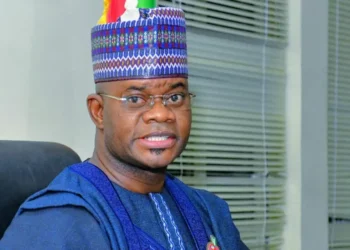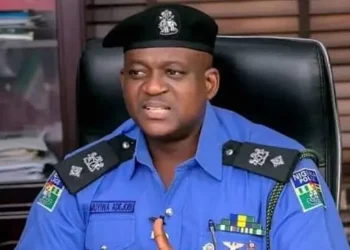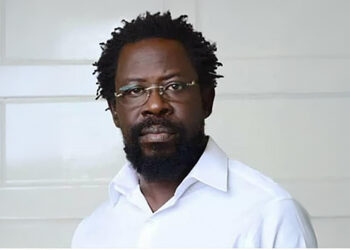Mali Holds State Funeral For Former President, Toure
Mali held a state funeral on Tuesday for former president Amadou Toumani Toure, an emblematic figure who steered the troubled nation to free elections and led it for a decade before being ousted in a coup.
Toure, sometimes called Mali’s “soldier of democracy,” died on November 10 at the age of 72 after he had been transferred to Turkey for medical care following heart surgery.
A coffin draped in the national flag and borne by six soldiers was slowly carried into the centre of a square in the capital Mali for ceremonies attended by the leaders of the country’s latest putsch and by foreign dignitaries.
“A great man has fallen,” the master of ceremonies declared.
“It is an incalculable loss for Mali. He came bringing the breath of life, he leaves with the wind of hope.”
Those in the VIP stand included Bah Ndaw, a former military officer who is currently president of Mali’s transitional government, and the vice president, Assimi Goita, who led the August 18 coup.
Niger and Guinea-Bissau were represented by their prime ministers, and other countries in the region sent their envoys.
Ceremonies were to conclude with a parade by troops and aircraft, according to the programme.
Toure, a former soldier, first took charge of the country for a year in 1991.
He helped overthrow the iron-fisted regime of Moussa Traore, who had been in power since 1968.
He then took the helm of a transitional committee, exercising the duties of head of state and steering the country to elections.
These were won in 1992 by Alpha Oumar Konare — the first democratically-chosen president in Mali’s post-independence history.
Universally known by his initials as ATT, Toure won presidential elections in 2002 and again in 2007.
His presidency was abruptly curtailed in 2012 by rebel troops who accused Toure of failing to support their battle against Tuareg and jihadist insurgents in the north of the country.
Toure fled to Senegal, only returning from exile in 2017.
The chaos that followed his downfall wrecked Mali’s poorly-equipped and demoralised army.
The jihadists swiftly overran the north of the country before being forced out in 2013 by French intervention.
They regrouped and advanced into central Mali, a flashpoint region where they ignited ethnic conflict, and then headed into neighbouring Burkina Faso and Niger.
Thousands have died and hundreds of thousands have fled their homes.
AFP




























